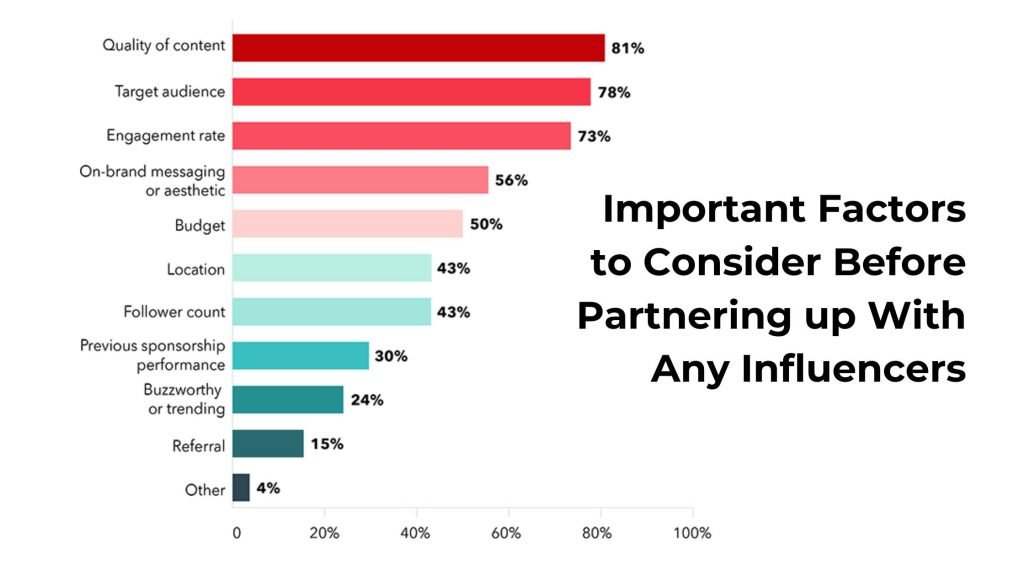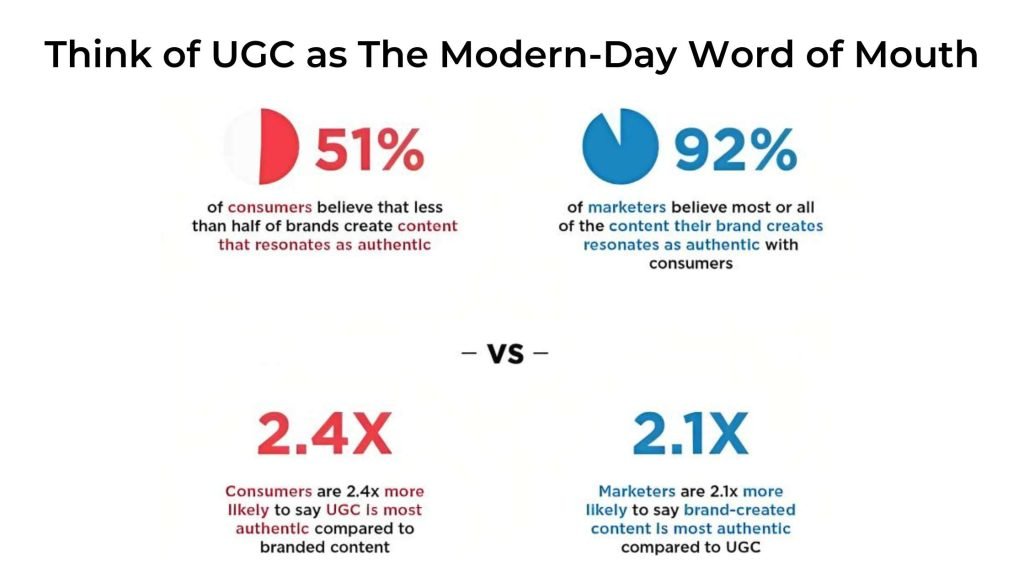Welcome to our comprehensive guide on creating and executing successful social media marketing strategies for your new ecommerce website!
In today’s digital age, an effective online presence is crucial for any business, and social media has emerged as a powerful platform to connect with potential customers, drive traffic, and boost sales of your ecommerce website.
In this article, we will walk you through step-by-step instructions on harnessing the full potential of social media marketing for your ecommerce website, positioning you to outrank other websites and dominate your industry on Google.
1. Select the target audience you want to attract to your ecommerce website
Before diving into the world of social media marketing for an ecommerce website, we must first understand our target audience. Conduct thorough market research to identify your potential customers’ demographics, interests, preferences, and pain points.
Analyze your competitors’ social media presence to gain insights into what works and what doesn’t. Armed with this valuable data, you can tailor your content and campaigns to resonate with your audience, setting the foundation for a successful social media marketing strategy.
Social media helps ecommerce brands and customers in developing stronger and more meaningful interactions. Social media accounts serve as both customer service and direct contact platforms for ecommerce websites.
This contributes to increased brand affinity and consumer relationships. After that, social commerce allows for direct, frictionless selling to engaged and devoted audiences.
2. Identify which platforms are right for your ecommerce website
Not all social media platforms are created equal, and focusing on the right ones will yield better results for your ecommerce website.
Facebook, Instagram, Twitter, Pinterest, and LinkedIn are popular platforms that can offer diverse opportunities to engage with your audience. Determine which platforms align with your target audience and industry.

For instance, Instagram and Pinterest are ideal for visually-driven industries like fashion and lifestyle, while LinkedIn is more suited for B2B ecommerce businesses.
Utilize bold subheadings with keyword-rich titles to guide readers and search engines through your content seamlessly.
3. Craft content according to your audience
To outrank your competitors, you must offer top-notch content that engages and converts your audience into visitors on your ecommerce website.
Create a content calendar that outlines a consistent posting schedule, ensuring a steady flow of high-quality content.
Use a mix of engaging visuals, attention-grabbing headlines, and compelling copy to captivate your audience. Incorporate relevant keywords naturally into your content, enhancing your chances of ranking higher on Google’s search results.
4. Put in equal efforts on video marketing for your ecommerce website
In recent years, video marketing has emerged as a powerful tool for ecommerce websites. Statistics show that video content generates more engagement and conversions than other forms of media.
Consider creating product demos, behind-the-scenes peeks, customer testimonials, and how-to videos to showcase your products and the brand personality of the products listed on your ecommerce website.
Video Credit: Boat Lifestyle
Host live Q&A sessions, interviews, or webinars to foster direct interactions with your audience and build trust.
5. Influencers can help you a lot in increasing the reach & sales of your ecommerce website
Influencer marketing can significantly boost your social media presence and ecommerce sales. Partner with influencers who align with your brand values and have a substantial following within your target market.
Most influencers in social networks have millions of viewers, including more than 2.5 billion followers of Instagram’s 50 most followed influencers. Based on that, influencer marketing, in which you partner with influencers whose niche suits your products or services, will bring an excellent opportunity for you to approach millions of potential consumers.

Their endorsement can introduce your ecommerce website to a broader audience and increase brand credibility. Ensure that influencer campaigns are authentic and well-coordinated to maximize their impact.
6. Harness the Power of User-Generated Content
User-generated content (UGC) is a goldmine for ecommerce website to build trust. Encourage your customers to share their experiences with your products through reviews, photos, and videos.
Repost UGC on your social media channels, showcasing happy customers and their positive experiences with your ecommerce website brand.
And with consumers 2.4 times more likely to view user-generated content as authentic compared to content created by brands, the time to invest in an authenticity-driven social marketing strategy is now.

UGC not only fosters a sense of community but also acts as powerful social proof, enticing new customers to make a purchase on your ecommerce website.
7. Be prompt in engaging with customers
Social media is a two-way street, and successful ecommerce marketing goes beyond just broadcasting your message.
Engage with your audience by responding to comments, messages, and mentions promptly. Ask questions, run polls, and conduct surveys to involve your customers in decision-making processes.
By nurturing meaningful relationships with your audience, you can build a loyal customer base that drives word-of-mouth marketing and repeat purchases.
8. Analyze & optimize the performance of your ecommerce website’s social accounts
To stay ahead of the competition, constantly analyze the performance of your social media campaigns.
Use analytics tools provided by each platform to gain insights into your posts’ reach, engagement, and conversions. The tools can be accessed only if you have a professional account.
Analyze the data from your ecommerce website to identify trends, opportunities, and areas for improvement. Based on these insights, optimize your content strategy and fine-tune your marketing approach to achieve better results.
Conclusion
In conclusion, setting up successful social media marketing for ecommerce websites requires a well-thought-out strategy and consistent effort.
By understanding your audience, selecting the right platforms, crafting compelling content, embracing video marketing, leveraging influencer marketing, harnessing UGC, emphasizing customer engagement, and analyzing performance, you can position your ecommerce website to outrank competitors and achieve remarkable success on Google and other search engines.
Socinova’s ecommerce marketing services help you create high-quality content including graphics, curated links, videos, etc., and manage your community and ads as well. Our aim is to help you attract more customers via social media. We go deep into the roots of a smooth experience for you and your customers.
If you’re looking for any kind of help with your ecommerce website’s social media marketing, book a call with us today!
This blog is written by Pranit Kamble from the Socinova Team. Images have copyrights of the respective owners.




